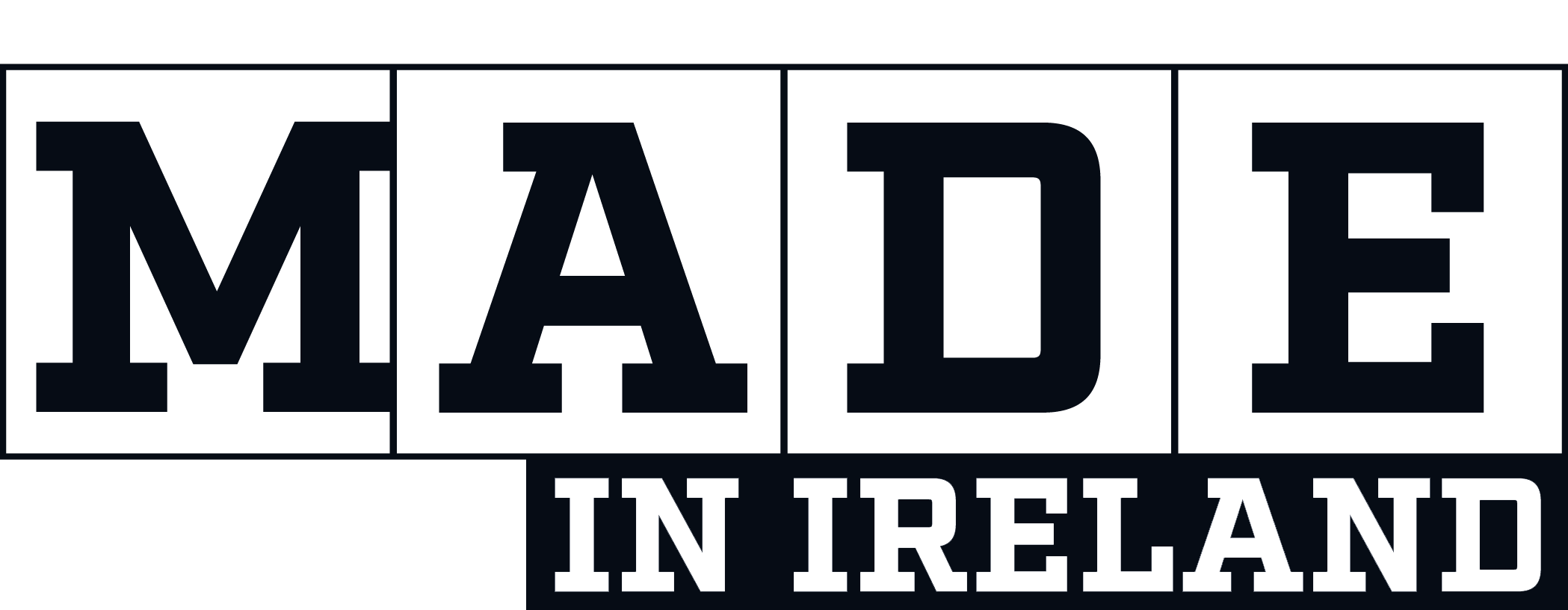Animal feed production in Ireland: A Growing Industry
Animal feed production in Ireland’s agricultural sector is a huge industry and is estimated to be worth €845.1 million by 2026. However, the manufacture of animal feeds is responsible for 50 to 75 per cent of energy consumption in the EU’s livestock sectors, creating pressure for agricultural businesses to improve their efficiency. For this reason, Kerry Agribusiness turned to automation systems supplier Technidrive to automate its feed mill.
Also read: The Role of Automation in Feed Milling Systems Optimisation for Sustainable Production
Automating feed production in Ireland’s agricultural sector
Kerry Agribusiness operates a feed mill based in Farranfore, County Kerry. The mill manufactures compound feed for livestock, which is distributed to the business network of 3,000 farms in the South West of Ireland. The mill facilitates the grinding of raw ingredients, including grains, seeds, and other components, into smaller particles or powders. This process is crucial in animal feed production
to ensure feed is suitable for consumption and achieves a consistent particle size.
Milling challenges in animal feed production
In order to process the range of animal feed that Kerry Agribusiness manufactures, the mill feeding system required regular speed adjustment. This feeding system is responsible for transporting material into the mill itself and has a direct impact on product quality.
Kerry Agribusiness depended on manual adjustments of the feeding system. This meant an operator needed to be on-site during each production run to manually alter the feeder speed. Changes were made based on trial and error, with the operator relying on past experiences to determine the correct feed rate.
When the feed was set too slow, it led to inefficiency in the milling process. This resulted in longer shifts than necessary and wasted energy. On the other hand, when the feed was set too fast, it affected the quality of the feed. If a product did not spend enough time in the mill for adequate crushing, it resulted in rough feed with oversized pieces. Not only did this impact the quality and consistency of the feed, but it also had the potential to affect its nutritional value. Finding the right balance between these extremes was crucial.
Technidrive’s automation system for improving agricultural productivity
To overcome this challenge, Kerry Agribusiness needed to switch to an automated system to improve accuracy in speed adjustments. Technidrive was commissioned to develop a solution to control the system with minimal human intervention.
Technidrive is a systems integrator based in Northern Ireland, serving many sectors, including agriculture, in the design, engineering, and implementation of industrial drive systems. For Kerry Agribusiness, Technidrive suggested a complete automation system leveraging power technology from global manufacturer, WEG.
Technidrive recommended the WEG CFW11 inverter to control the motor that would operate the feeder. This advanced variable speed drive (VSD) allowed for precise adjustment of motor speed, making it a valuable tool for energy efficiency and process control.
How to increase efficiency in feed mills using automation
The mill’s manual controls were replaced with a software-based system using the WEG Ladder Programmer (WLP) interface, a Windows-based platform for equipment control and monitoring. Not only did this remove the hassle of executing manual adjustments, but it also enabled remote system monitoring, providing operators with improved insight into the feed mill’s operations.
Following installation, Technidrive had to determine the correct control signals for the system. Designed to operate on a 0 – 10-volt (V) signal, the newly engineered setup did not initially replicate the full speed range achieved by the original. To rectify this, Technidrive engineers modified the feeder control circuit board to accommodate an alternative type of signal.
Technidrive also set up improved system access to enable remote adjustments and tuning. The drive was also programmed with a smart algorithm to ensure it was always working to an optimal set point by increasing or decreasing the speed of the feeder in line with these adjustable setpoints — saving energy and money.
Improving feed mill throughput with VSD technology
“We’ve seen a 29 per cent increase in throughput from the mill since the initial installation in June 2022,” said Gary Kernaghan, automation manager at Technidrive. “Plus, we have only had to make minor adjustments after several months of operation, since the automated system was making such a significant difference already.”
The success of this installation has led to several further projects between Technidrive and Kerry Agribusiness, with a long-term goal of upgrading other systems in the business to improve efficiency and productivity across the whole operation.
Energy-efficient animal feed production systems
“We are driving the grinders harder now,” said Stephen O’Regan, nutritionist at Kerry Agribusiness. “They were always mechanically able but never electrically capable. Now, they function on both levels. Coupled with the time-saving that the control system offers, we would not look back. In fact, we are so impressed with Technidrive’s work that we are looking at other programmes for starting our six pellet presses, along with programmes on our intake conveying system and coolers.”
Feed production will continue to dominate energy consumption in the agricultural industry, but by using data-driven approaches to production, the industry can reduce electricity use and costs. Upgrading its manual systems to Technidrive’s bespoke automated solution has yielded significant benefits for Kerry Agribusiness and evidenced the value of smart systems for the animal feed production industry.










